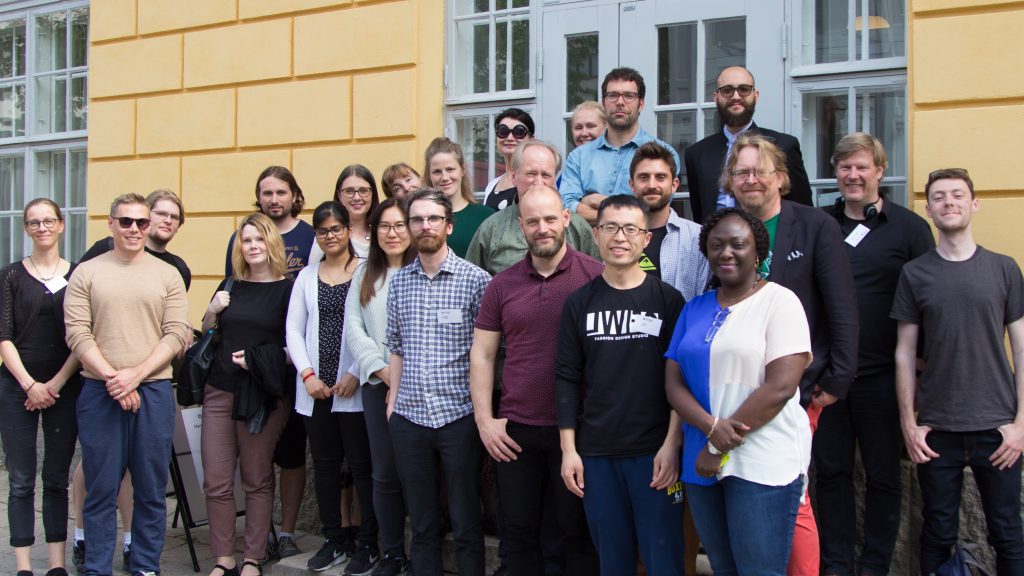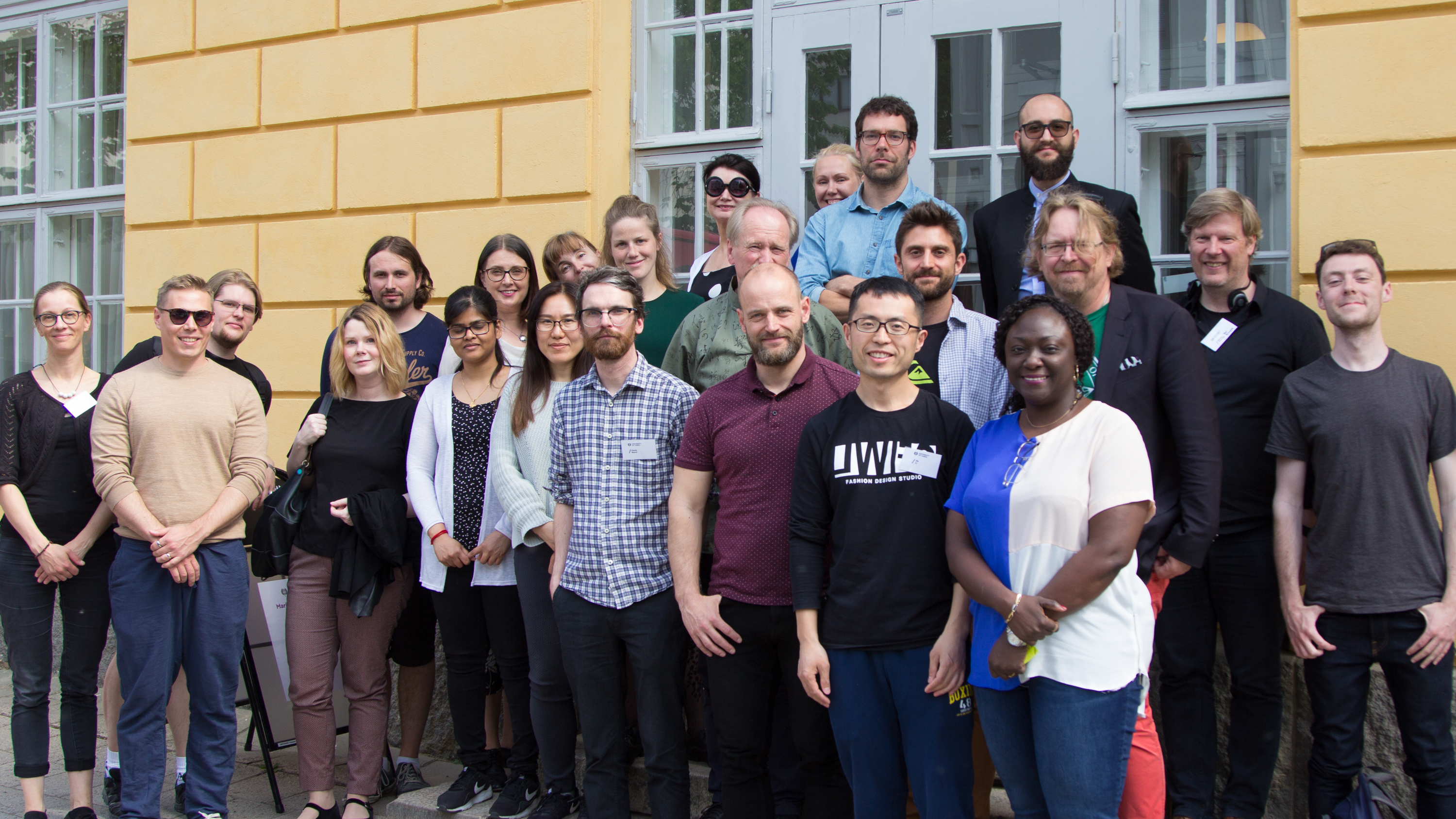
In the end of May the University of Turku organised, for a third year in a row, a kick-start workshop for aspiring Marie S. Curie Individual Fellowship applicants. The event receives Rector´s support in order to be able to fly in the applicants – due to the MSCA IF mobility rule, the participants usually come from abroad. During the two-day event we went through the basics, hearing valuable input from successful fellows and reviewers, and learned to analyse different characteristics of a winning proposal, and the choreography of this specific funding instrument. The afternoons were dedicated to visits to the future host departments and research teams.
As one of the organisers and trainers, I’ve had a pleasure to get a close-up look at the cooperation between applicants and hosts. This is what makes the MSCA IF an attractive funding instrument: it is your visiting card to the research environment where you’ve always wanted to work. If planned well, the MSCA IF can open up new horizons in various ways. One of last year’s workshop participants got a chance to visit not only her to-be department, but the host professor’s home to meet her family. Although this time her project was not funded, their fruitful cooperation led to another fellowship at the University of Turku.
When it comes to hosting promising young researchers, professors seldom turn down a request to collaborate as long as it doesn’t cost their institution any money. Therefore, I strongly encourage researchers in their post-doctoral phase –which is the career stage of most successful fellows– to approach the experts they’ve always wanted to work with, and ask them to get on board. Same goes for the so-called secondments, another attractive characteristic of the IF, a period of 3-6 months to spend in or outside academia to strengthen the researcher’s international/intersectoral network and acquire new skills. The latter is by no means of little importance, for it opens up concrete ways for developing societal impact and implementation later on. Moreover, in today’s academia where competition is tough and researcher careers are becoming shorter than before, such contacts may well offer a viable plan B if need be. Also, if you want the MSCA IF application to succeed, the secondment should not be overlooked but instead planned with equal care as the rest of the proposal.
The training event has also proven to be good yet small-scale PR for the organising university – especially when the weather Gods are on our side. As one of the participants stated in his feedback: “Each session was designed with a careful consideration of what would be useful for the application, so I feel like I learned so much and feel much more confident about writing the application now. I found the whole environment made me want to work at Turku – all the research funding specialists were very warm and interesting to speak to, and the university seemed like a nice place to be – well done for arranging the sunshine too”.
We will thus keep up the good work – and hope that motivated researcher-host pairs will apply for the workshop in years to come. Applying for the MSCA IF should, as a whole, be considered a multi-annual project since, unlike the ERC, it doesn’t have that nasty waiting period nor an eligibility window. As a matter of fact, the MSCA IF statistics from previous years show that reapplying gives much higher chances to win the fellowship in most panels. Applying for research funding may seem like a lottery, and there are rarely quick wins in this game. Therefore, one should not take no for an answer but try again with an ace in the hole – the reviewers’ feedback.

Hello,
How I can register Marie S. Curie’s workshop?
Best regards, Amin
Hi,
The workshop is organized once per year, usually at the end May. A few months before that we will advertise the possibility to attend the workshop. If you are still willing to take part next year, be sure to check out this page during March 2020: https://www.utu.fi/en/news or contact us at researchfunding@utu.fi